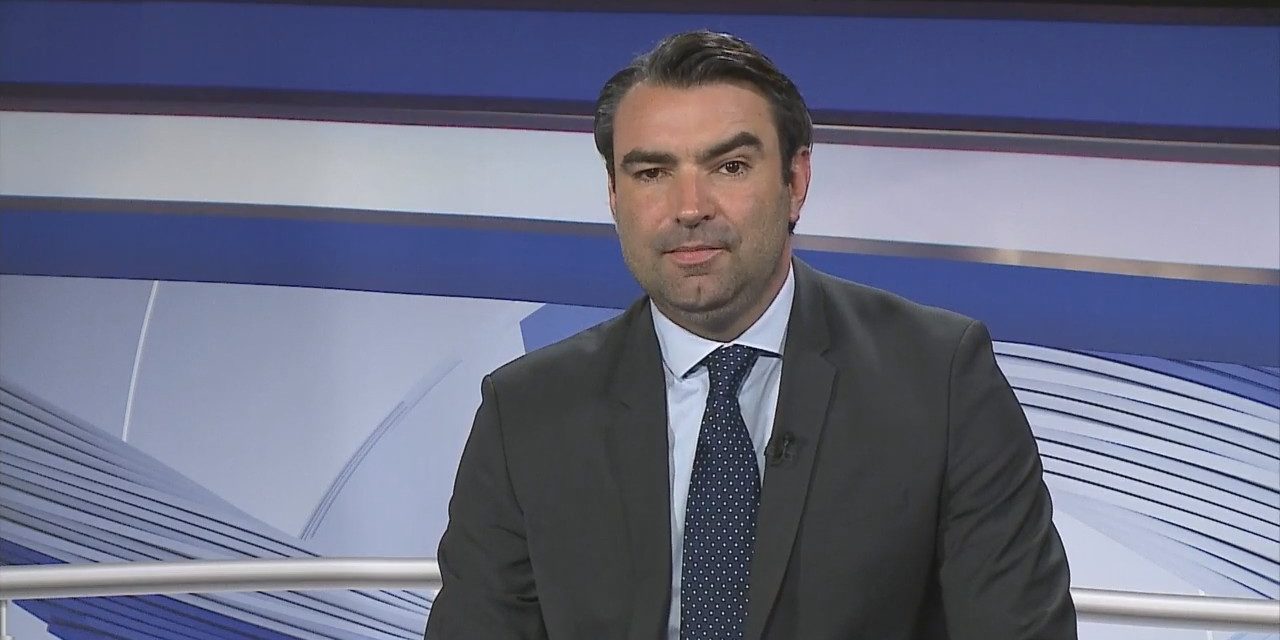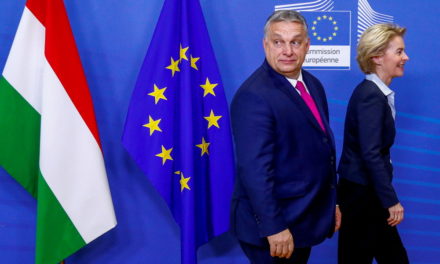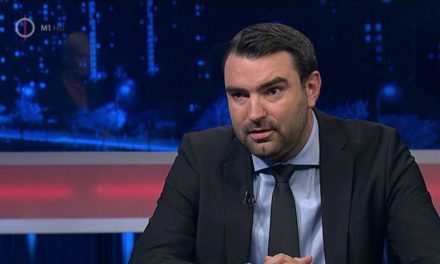Zoltán Lomnici Jr. believes that non-governmental organizations (NGOs) can express their opinions on subjects for which they do not have the appropriate expertise and thus cause harm in relation to the rule of law reports.
The legal expert of Századvég spoke on the current channel M1 on Wednesday: it was also said at the online conference of the European Union's Fundamental Rights Agency in early December that NGOs are also consulted in connection with the rule of law reports, and they are seen as strategic allies. He noted: in the latest Hungarian report on the rule of law, 11 out of 12 NGOs were NGOs supported by the Open Society Foundation.
Referring back to what was said at the webinar, he said: these organizations can express opinions on topics such as the judiciary, the press and media situation, checks and balances, and the corruption framework mechanism. He emphasized that these four areas require such comprehensive expertise that, according to his conviction, "none of the Hungarian NGOs have, yet they can form opinions, (...) these organizations give our country a bad name and thus cause damage".
He drew attention to the fact that the "rule of law" in the basic EU treaty does not mean the rule of law, but the "rule of law". Based on this, "the biggest battle" is whose rule of law will prevail, he added.
He reminded: the European Council stated in connection with the refugee quota that it could only be voluntary, but in a later decision it was already stated that it could also be mandatory.
It is true that this was for a small contingent and was temporary, he added, but the question remains, how
does European law prevail in the "rule of law", because then it ends with the defeat of sovereignty.
Whereas if the rights of the nation-state are strengthened, a greater struggle can be expected, but the relationship between the member states and the union will be more balanced, said Századvég's legal expert.
Source and full article: magyarhirlap.hu
Featured image: hirado.hu













